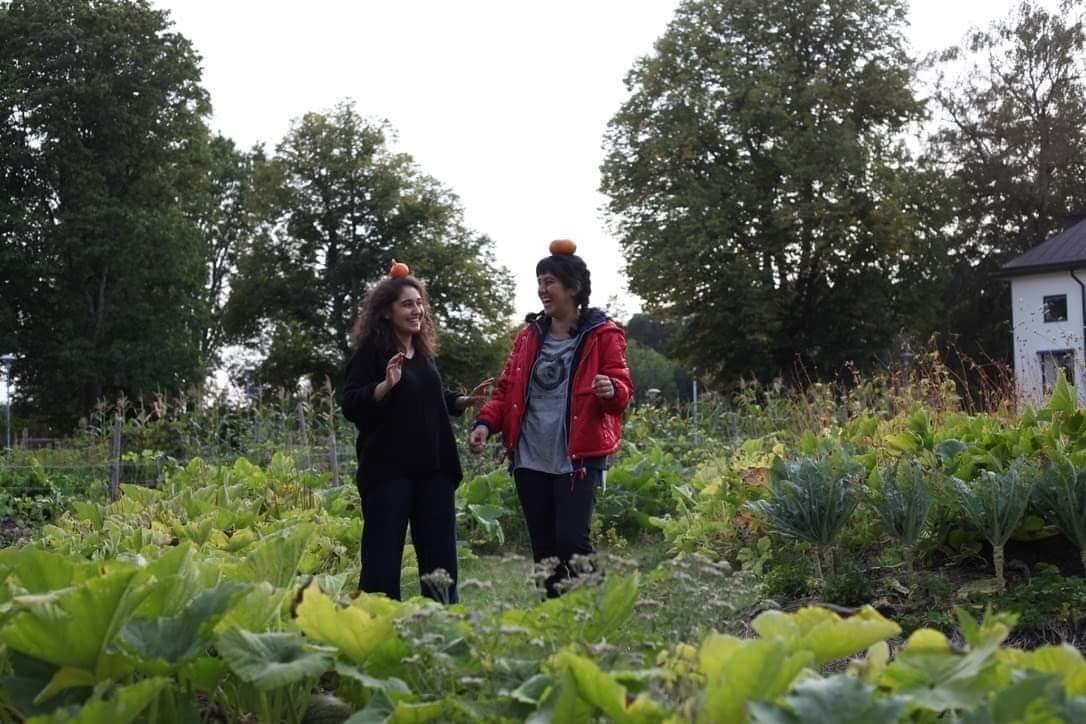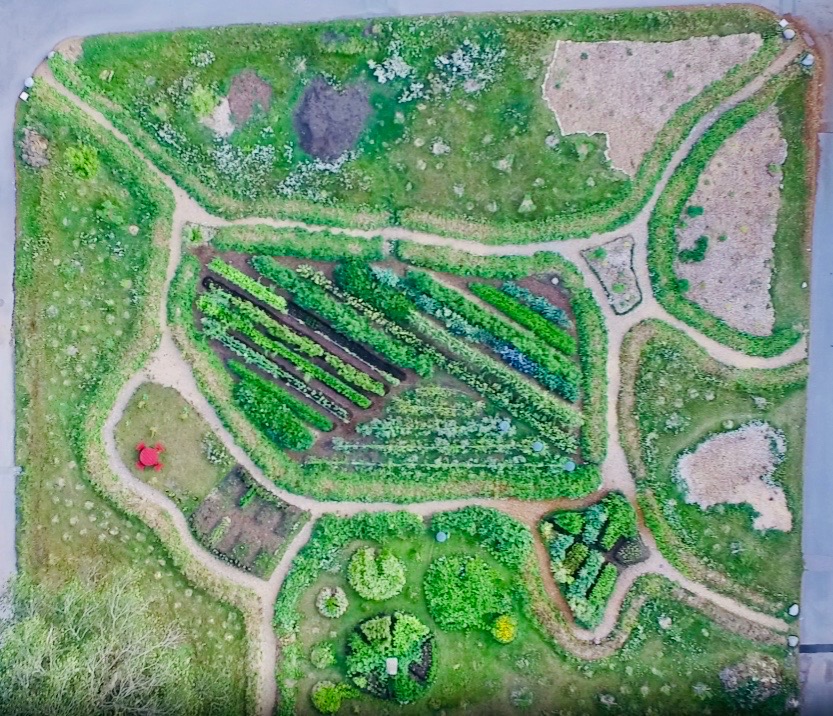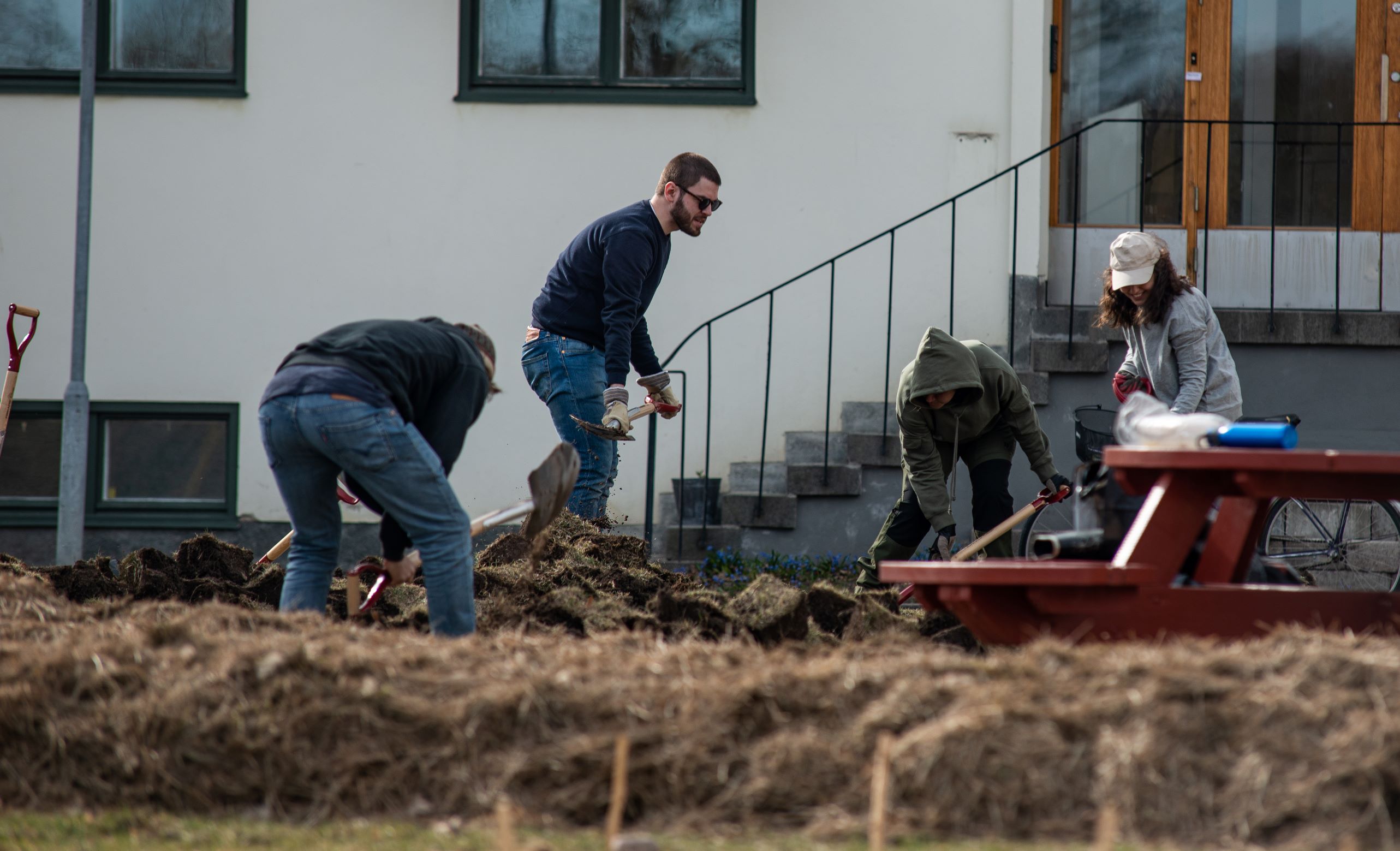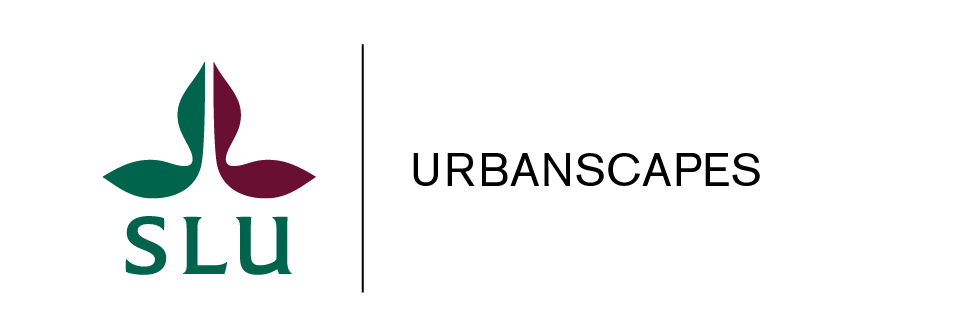Ultuna Permakultur: challenging the status quo of urban development
Published 15 June, 2021
Max Whitman
Co-founder and Chairman of Ultuna Permakultur
The status quo of urban development fails to fully consider the interaction between our social, economic and ecological systems. Max Whitman, Co-founder and Chairman of Ultuna Permakultur, explains how the current concept of a city and its values undermine the very systems that we depend upon for survival. Through the story of Ultuna Permakultur, he shows how an alternative way of life is possible that values the relationships between human and ecological systems.
It is about time we change the way we perceive the world. Away from separate units and isolated systems, and towards context, networks and relations. Or, in other words, away from the narrow and mechanistic and towards the holistic. As we move toward new ways of perceiving, the political horizon of possibility will open up, and we can move beyond the borders of power that dictate thought and being. Our organisation, Ultuna Permakultur, was established to challenge the status quo of urban land use, build on the regenerative agriculture movement, and expand the horizon of political possibility in the context of urban development.
Reframing cities: A relational perspective
To understand what we mean when we say that we want to “expand the horizon of political possibility in the context of urban development”, we need to explore what the concept of a city entails from a relational perspective. A city can be seen as a dense collection of buildings that house high densities of people to work and live. While such a description is accurate, it is also insufficient, since a city is also all of the relations it requires to make it function. Those relations include the hydropower and fossil fuels generating its energy demands, the mines and clear-cut forests supporting the consumption intensive lifestyle that the modern city promotes and the monoculture fields stretching to the horizon feeding its population.
City borders are conceptual entities. In reality, modern cities are global networks that accumulate materials and services from every corner of the globe. From a relational perspective, the city can’t help but export “problems” to distant locations. We in Ultuna Permakultur see this as highly problematic and wish to promote ideas that can transform the city into more local and regenerative communities. Cities that don’t accumulate resources and eventually turn them into pollution. The time to reimagine and reframe cities as a concept is now. Ultuna Permakultur desires to contribute to that by exploring one strand of the relationships that make cities global in their current composition; food.

In the Western world, as populations have moved to cities and technology has advanced, the days where society is dependent on human labour for food production are long gone. As a consequence, there are fewer hands for weeding, digging and planting; hands that ultimately need to be replaced by non-human labour such as pesticides, fungicides and fossil fuel-powered machines. That form of agriculture is proven to be an extremely destructive force, and yet the entire urban population depends upon that destructive force for its survival. It is a terrifyingly brittle system that, in the end, seems only to benefit the wealthy middlemen. For cities to be less destructive, we believe, they need to produce their own food and meet their own needs, both now and in the future. The good news is that we know what that means in practical terms! So the real challenge is to move the mountains of established discourses and make those practical scenarios articulable and desirable beyond the boundaries of the communities that already see them as relevant. To achieve that task, we wanted to prototype how such a reality might look, to prototype a regenerative, high yielding space in an urban setting. Behold, Ultuna Permakultur’s food park!
Ultuna Permakultur: Creating a community
On the outskirts of Uppsala, we have begun our endeavour to move the boundaries of urban possibilities by practising the future we deem necessary. During the first year of our existence, we have turned a previously lifeless piece of lawn bereft of any socio-ecological values into a buzzing community. A community where bees, pensioners, worms, and students hang out together, discuss politics and life while caring for each other and the planet at large. Fruit Trees and berry bushes in the hundreds, 600 herb plants in 50 different varieties, and grapevines share the space in the food forest that surrounds our annual no-dig market garden. Along the paths that guide visitors through the 4000 sqm food park, we grow potatoes (roughly 3 tonnes in year 1) that partly make their way to homeless people through donations and partly get sold to locals along with our wide variety of vegetables.

Beyond producing high quantities of nutrition for local consumption, the food park offers a crucial oasis for pollinators to survive and thrive within the city’s borders by providing them with flowers to pollinate from spring through fall. The ecological benefits of the food park are fascinating on their own, but when we designed the environment, we refused to think in terms of production OR recreation. We insisted on erasing any and all such constructed boundaries, and the result has been beyond what we could have imagined. The project has given people the opportunity to get their hands dirty in an environment that otherwise refuses them the chance to connect with the foundation of human civilization – soil. As we established the park, people from all ages joined us to help dig, plant and harvest. In that process we have gone beyond growing vegetables to also growing a community. A community that strives to realise a deeper form of sustainability.

Making cities sustainable means changing our values
The project has given us hope that the modern urban citizen yearns to reconnect with land and production. The barrier is simply just a lack of opportunity. City planners must take this barrier seriously to ensure that the separation between humans and the soil beneath us isn’t furthered. The interaction between participants also sparked within us a newfound belief in a more active democracy. It showed that given the right conditions, people are still able and willing to listen and have good, constructive political conversations. In our opinion, this is a cornerstone of a vibrant democracy far away from the political landscape of hatred fostered by social media.
While the park is still in its cradle, it promises to deliver all of the impacts we hoped it would and more. It stores carbon, builds biodiversity, feeds people, builds relationships between people, contributes to reconciling the human-nature divide and gives us energy. That energy and enthusiasm that the food park has empowered us with is what continues to power our efforts. A park of this size requires dedication and hard work. No one working on this project gets compensated, and no one will probably ever reap the rewards of the pear and cherry trees we have planted. Yet we still love it because it is an endeavor of care, and this practice of care is a statement, saying that we reject the greed which powers our economy. A statement that challenges what it means to be ambitious, wealthy or successful. The food park embodies and communicates to the world that real sustainability means to choose care over greed, community over individualism and connection to nature over connection to economic growth. But, to us, it goes beyond just communicating such a transition. It offers a map of how it can be done. Starting with altering the way we engage and perceive concepts like cities that define the society we inhabit.
Max Whitman
June 2021
About the author and the organisation
Max Whitman is the Co-Founder and Chairman of Ultuna Permakultur. He has a background in environmental and social science and is currently a PhD candidate at the University of the Sunshine Coast, Australia.
Ultuna Permakultur is a voluntary organisation based in Uppsala, Sweden. It brings together people in Uppsala to practice permaculture on a plot of land on the outskirts of the city. You can read more about the organisation and its vision on their website here:
https://www.ultunapermakultur.com/
Urban Voices – Reading the City
Urban Voices is an initiative by SLU Urban Futures. This multidisciplinary endeavour brings together voices, from near and far, working in and outside of academia, to reflect upon the urban realm. The project engages writers across disciplines to capture synergies between knowledge areas and to better understand the interaction of the drivers and effects of urbanization. The theme for summer 2021 is: ‘Creating sustainable urban communities – critical perspectives on sustainable urban development’.
Subscribe to the Urban Updates newsletter to receive the next Urban Voices directly in your inbox!
Share
Co-creation!
Do you miss something here? Would you like to contribute? Please let us know: urbanfutures@slu.se
